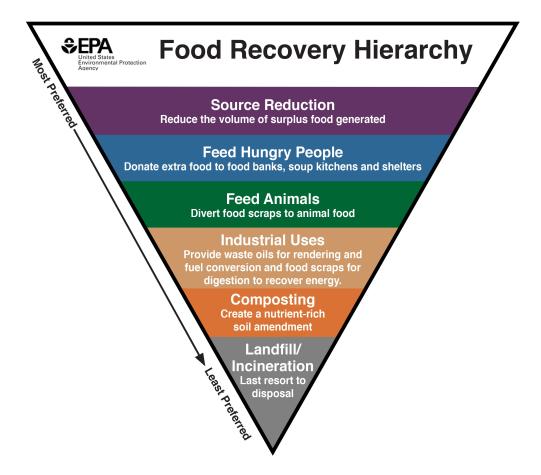Cutting waste is even more important during a pandemic, says MU food safety specialist.
Writer
Londa NwadikeKANSAS CITY, Mo. – With the COVID-19 pandemic causing disruptions in the food supply chain, it’s more important than ever to reduce food waste, says a University of Missouri Extension food safety specialist.
“In 2014, the U.S. Department of Agriculture’s Economic Research Service estimated that 30% to 40% of edible food in the United States went to waste,” said Londa Nwadike. “At the household level, the average U.S. family of four loses an estimated $1,500 per year on wasted food.”
Nwadike said consumers should try to reduce the volume of surplus food they have in the home. She offers some strategies for doing that:
Shop your refrigerator first. Before buying more food, eat perishable food in the refrigerator, or incorporate it into meal planning.
Strategic grocery shopping. Once you plan meals, make a shopping list – and stick to it. Avoid impulse buying.
Store food properly. Maintain your refrigerator at 40 F or lower and the freezer at zero degrees. Store food in packaging designed for storage in the freezer, refrigerator or possibly at room temperature.
Extend the life of food. Frozen food can be safe for extended periods; follow recommended storage times. Canning properly is another way to extend food life.
Understand and check food product dates. A “sell by” date tells the store how long to display the product for sale. “Best by” or “use by” dates are the food manufacturer’s recommendation for best flavor and quality.
Nwadike, who has a joint appointment with Kansas State University, has worked with staff at both universities to publish a fact sheet to help consumers cut the waste and save money at home.
“Working Together to Reduce Food Waste” is available for free download at bookstore.ksre.ksu.edu/pubs/MF3482.pdf.
The publication outlines several strategies for reducing waste, including things consumers can do at home; donating to food banks; and building a compost pile, Nwadike said.
